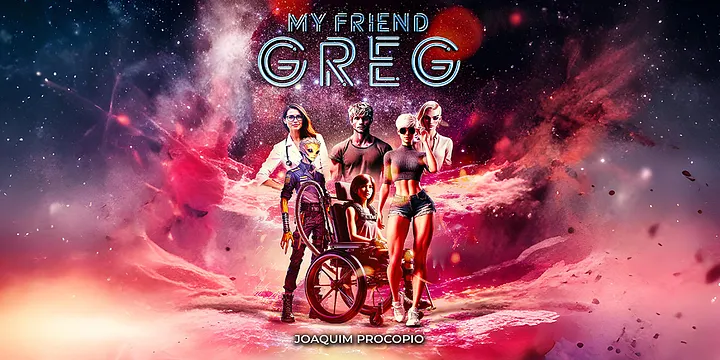Human beings have always celebrated intelligence. From the great thinkers of history to modern innovators, we admire those who can unravel mysteries, solve problems, and push the boundaries of what is possible. Intelligence is the power to understand, to calculate, to create systems that bring order to complexity. It shapes civilizations and fuels progress.
But alongside this admiration, there has always been another force, quieter but no less powerful: love. Unlike intelligence, love resists measurement. It does not rely on logic or equations. It emerges in ways we cannot always explain, and it influences our choices in ways that often defy reason.
This raises an intriguing question: can love be stronger than intelligence? Science offers one perspective. Neuroscience shows us that love activates the brain in areas linked to reward, motivation, and emotional memory. These circuits are not governed by pure logic. They can override decision-making processes, shifting priorities in ways that even the most rational mind cannot resist. People with brilliant intellects are not immune to the pull of love; in fact, sometimes they fall the hardest because love demands vulnerability, not calculation.
History and literature offer another perspective. Great leaders, philosophers, and visionaries have all been shaped by love. Wars have been fought in its name, art has been created from its depths, and entire lives have been redefined because of it. Intelligence may give us the tools to navigate the world, but love often decides the direction we take.
Perhaps the real strength of love lies in its ability to humanize intelligence. Knowledge without compassion can feel cold. Logic without empathy can become dangerous. Love balances intellect, reminding us that we are not machines. We are beings who long for connection, meaning, and closeness.
This balance is at the heart of My Friend Greg by Joaquim Procopio. In the novel, the tension between intellect and emotion is not just a theme, but the very thread that drives the story forward. It explores what happens when unmatched intelligence encounters the vulnerability of love, and how the two forces clash, complement, and ultimately transform one another.
Without giving away details, the book suggests that intelligence alone cannot satisfy the deepest human longings. Love, in its unpredictable and unexplainable form, has a power that rivals and sometimes surpasses even the sharpest mind. It is a reminder that our humanity is not defined only by what we know, but by what we feel.
If you have ever wondered why love makes us act against reason, or why it can shift the course of lives and even civilizations, this story will resonate with you. It is a novel that does not just ask the question, but immerses you in its answer.
